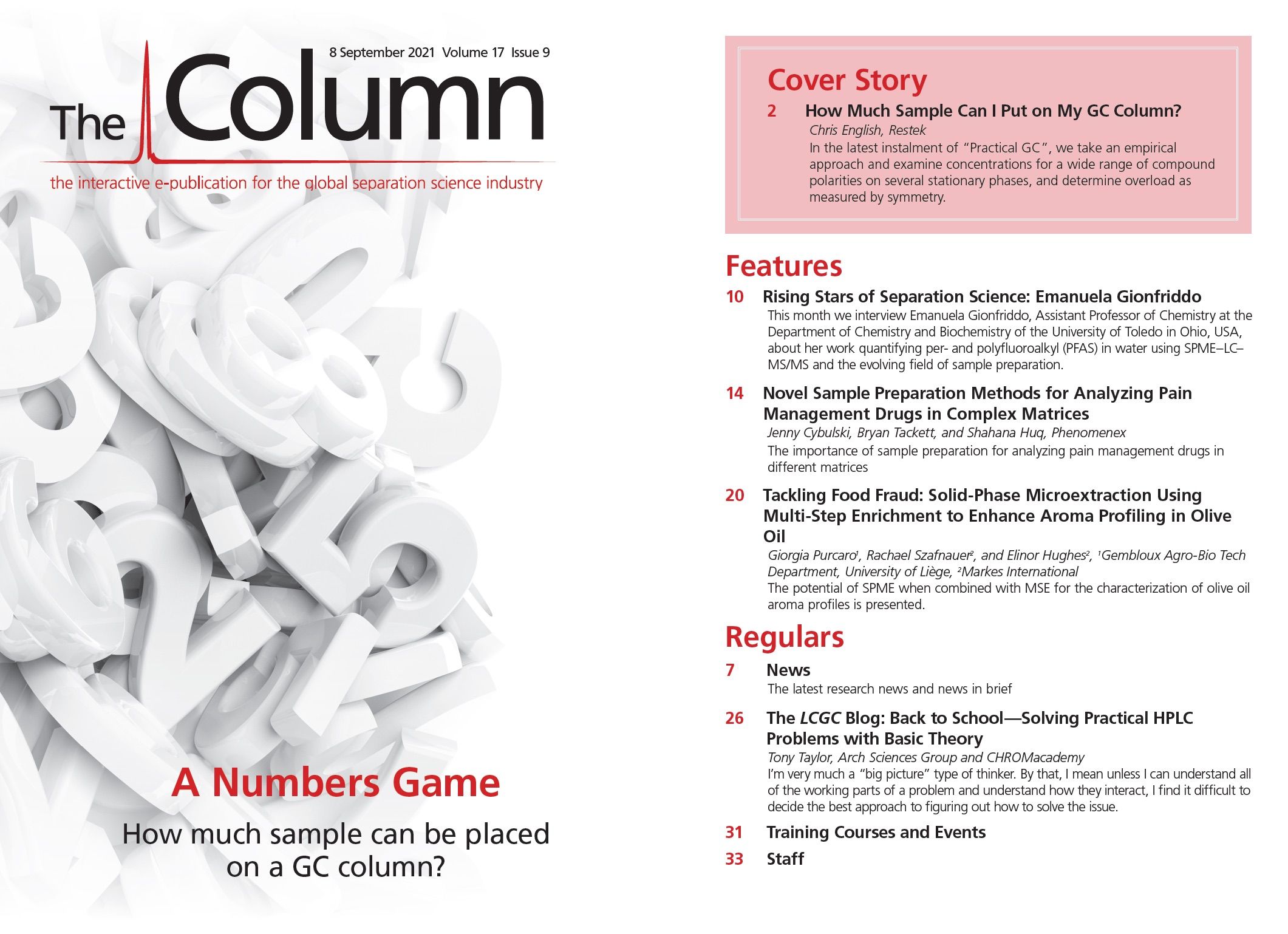Agilent Presents Early Career Professor Award to Jason H. Yang

Agilent Technologies Inc. (California, USA) has announced Jason H. Yang as the recipient of the 2021 Agilent Early Career Professor Award. Yang is an Assistant Professor of Microbiology, Biochemistry, and Molecular Genetics in the Center for Emerging and Re-Emerging Pathogens at Rutgers New Jersey Medical School, USA.
“It is an immense honour to be named for this year’s prestigious Agilent Early Career Professor Award. This competitive award will enable us to expand our research capabilities and allow us to make new quantitative, real-time measurements into understanding how immune cells make cellular decisions,” said Yang.
Yang’s multidisciplinary research programme integrates high‑throughput, quantitative experimentation with network modelling and machine learning to study mechanisms underlying the progression and cure of human diseases. The award will support research to reverse-engineer the cell circuitry of human macrophages to enable the development of synthetically engineered macrophages as new cell‑based therapies for treating infections, autoimmunity, and cancer.
“We are delighted to contribute to and accelerate Dr. Yang’s research,” said Jack Wenstrand, Director of University Relations and External Research at Agilent.
The Agilent Early Career Professor Award is an annual programme that recognizes and supports promising research from professors who, early in their careers, show outstanding potential for future research in areas of importance to the communities Agilent serves.
For more information, please visit: www.agilent.com

A Novel LC–QTOF-MS DIA Method for Pesticide Quantification and Screening in Agricultural Waters
May 8th 2025Scientists from the University of Santiago de Compostela developed a liquid chromatography quadrupole time-of-flight mass spectrometry (LC–QTOF-MS) operated in data-independent acquisition (DIA) mode for pesticide quantification in agriculturally impacted waters.
Investigating 3D-Printable Stationary Phases in Liquid Chromatography
May 7th 20253D printing technology has potential in chromatography, but a major challenge is developing materials with both high porosity and robust mechanical properties. Recently, scientists compared the separation performances of eight different 3D printable stationary phases.

.png&w=3840&q=75)

.png&w=3840&q=75)



.png&w=3840&q=75)



.png&w=3840&q=75)














